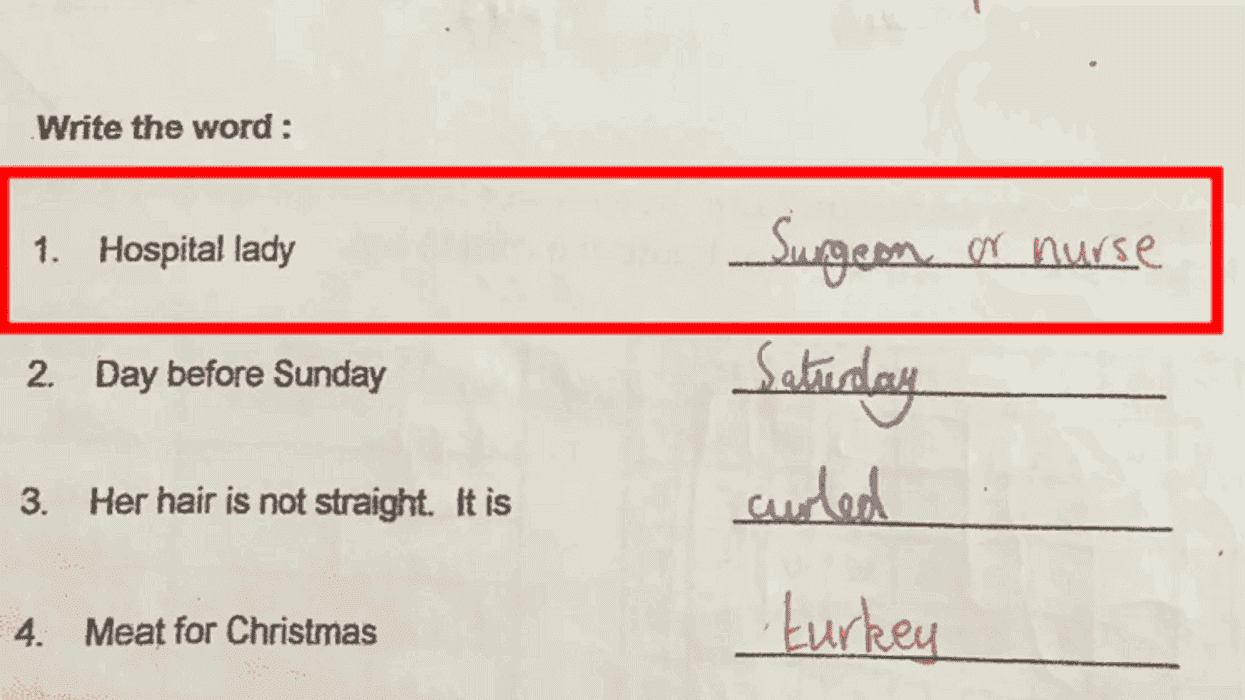“Please imagine a ladder with steps numbered from 0 at the bottom to 10 at the top,” the World Happiness Report asks people from 140 countries every year. “The top of the ladder represents the best possible life for you and the bottom of the ladder represents the worst possible life for you. On which step of the ladder would you say you personally feel you stand at this time?”
Released every year on or around March 20, the United Nations’ official International Day of Happiness, the World Happiness Report is “is the world’s foremost publication on global wellbeing and how to improve it,” published by “the University of Oxford’s Wellbeing Research Centre in partnership with Gallup, the UN Sustainable Development Solutions Network,” and the organization’s editorial board. Among the data shared, which includes everything from “how sharing meals supports happiness and social connections” to “how prosocial behaviour reduces deaths of despair” and more, there are also annual rankings of the happiest countries in the world. This number is compiled based on polled residents’ perceptions on their country’s levels of inequality, social support, freedom, and more.
This year, based on answers given by its residents, Finland has been ranked the happiest country in the world for the eighth consecutive year. On the aforementioned ladder, Finns ranked themselves a collective 7.736 out of 10, based on data collected over the last three years, a number that’s gone up by .347 since the first report was ever issued in 2012. According to the BBC, Finns’ happiness is affected by the high quality of its social care systems and the way its residents regularly access nature. Indeed, the top four countries ranked–Finland, Denmark, Iceland, and Sweden–are all known for similar strengths.

A study conducted by The New York Times in 2023, however, noted that the strengths of Finns’ happiness actually has a lot more to do with their perceptions of what happiness is. Interviewing University of Eastern Finland professor Arto O. Salonen, a scholar of Finnish well-being, the Times found “Finns derive satisfaction from leading sustainable lives and perceive financial success as being able to identify and meet basic needs.” Or, as they quote Salonen, “when you know what is enough, you are happy.”
Finns’ happiness is also related to the national concept of sisu, which as much advocates for a surmounting of adversity as it makes for a difficulty in asking for help, according to a Finnish researcher of sisu queried by the BBC. So, as the Times shares, with the understanding of Finland’s aforementioned benefits can also come a feeling of pressure, according to a young person the publication surveyed. “We are also scared to say that we are discontent with anything, because we know that we have it so much better than other people,” student Clara Paasimaki told the Times.
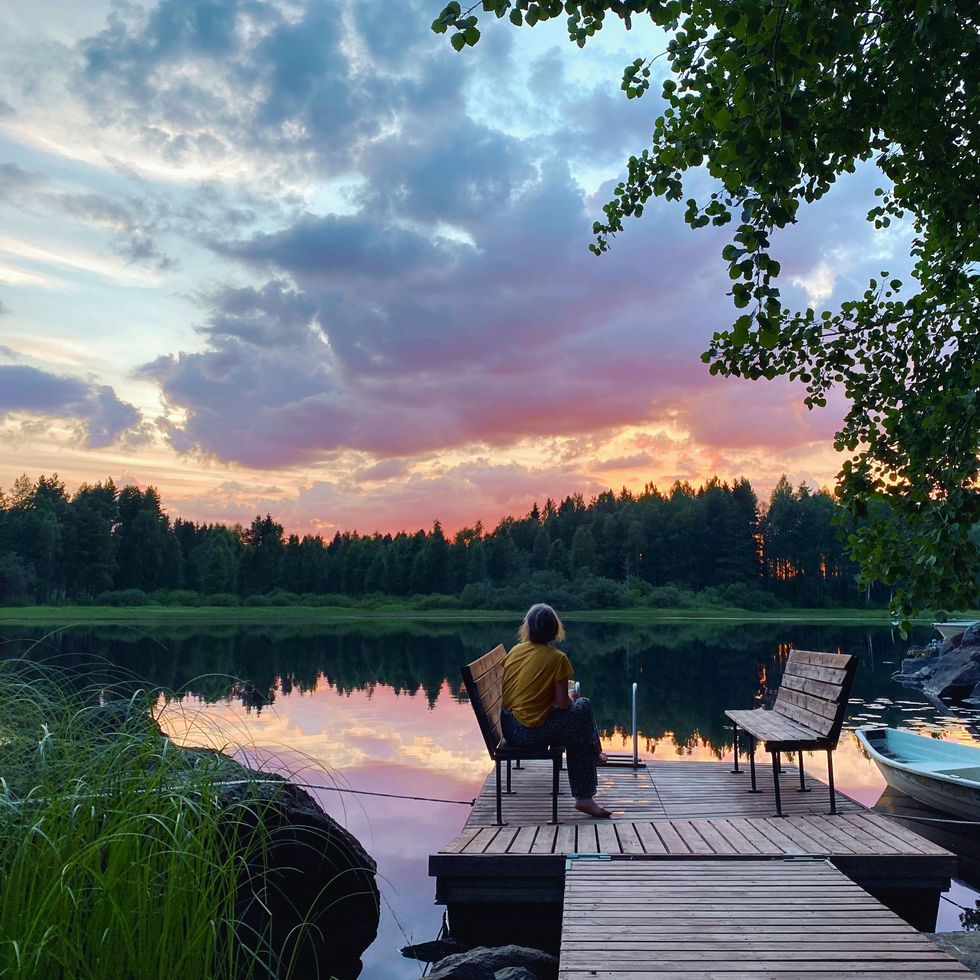
By comparison, this year the United States ranks 24th, the lowest the country has seen in the World Happiness Report’s 13 years of analysis. While the GDP per capita is on the higher side, ranked four out of 140, the perception of freedom is ranked much lower, at 115 out of 140. Generally speaking, as a nation the U.S. has no problem sharing its displeasure–it’s actually a large part of why the country exists at all, if you think about it.
The Associated Press ran a story on the World Happiness Report this week, and in it they shared a quote from Gallup CEO John Clifton. “Happiness isn’t just about wealth or growth,” he said. “It’s about trust, connection and knowing people have your back.” When we think about the general state of unrest across America has experienced in the last five years in relation to these ideas, it’s easy to understand why we might land on the list where we do, too.
But out of 140, 24’s certainly not bad. Just something to think about for the future.


















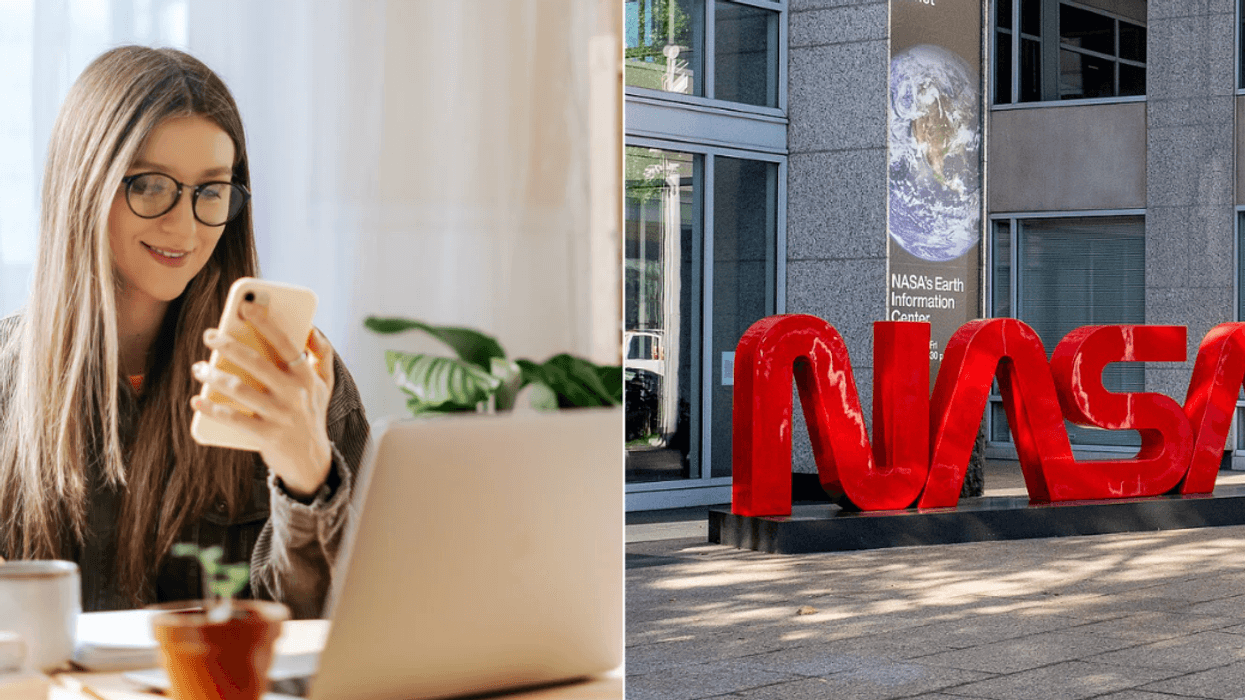
 A woman scrolls through a dating appCanva
A woman scrolls through a dating appCanva
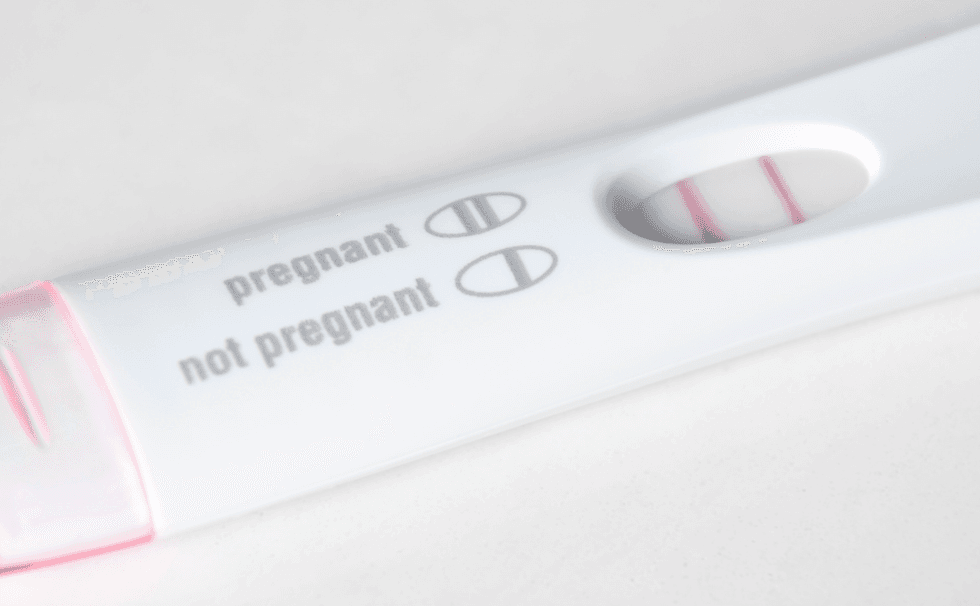 A home pregnancy test Canva
A home pregnancy test Canva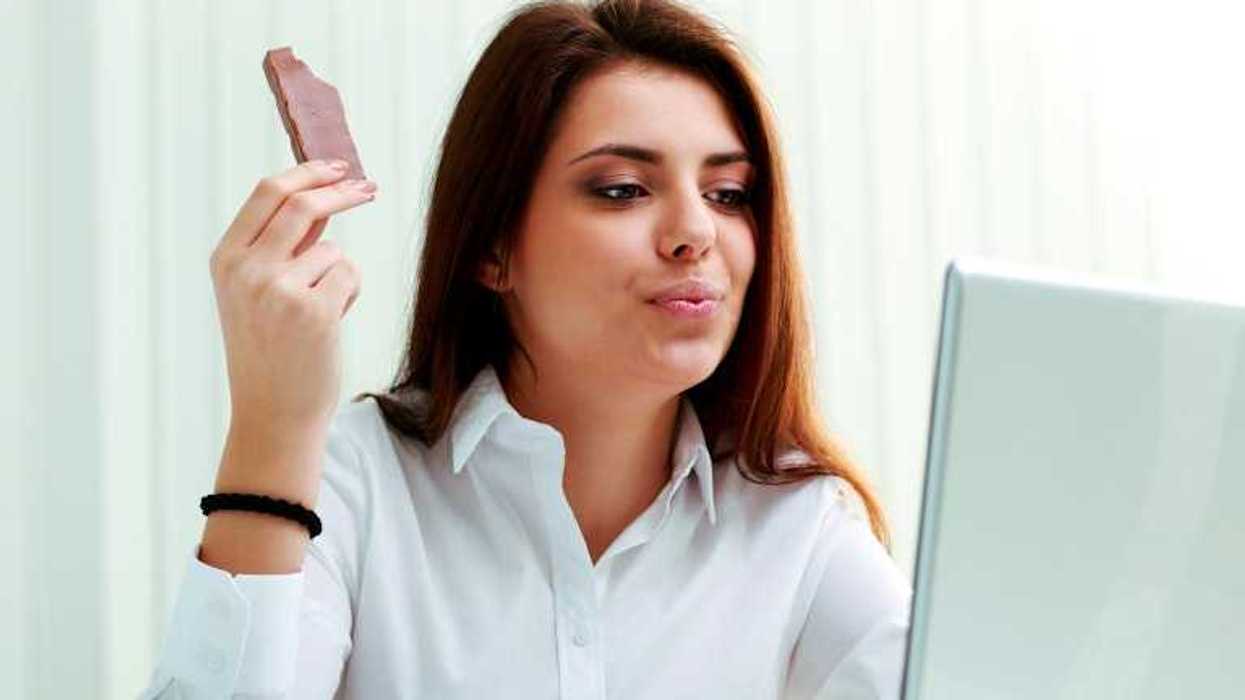
 Openly choosing the one you like best can help break down stigmas.
Openly choosing the one you like best can help break down stigmas.
 A young woman scrolling on her phoneCanva
A young woman scrolling on her phoneCanva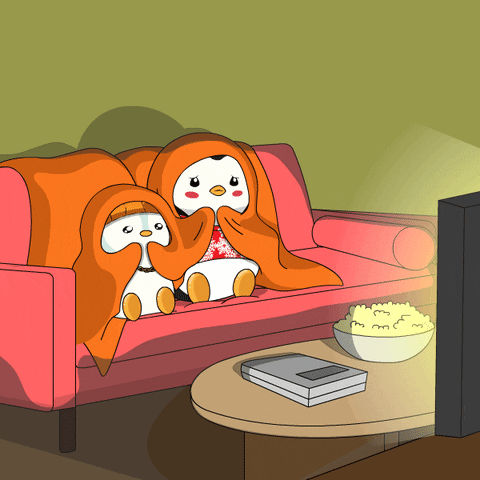 Gig of two cartoon penguins watching TV via
Gig of two cartoon penguins watching TV via 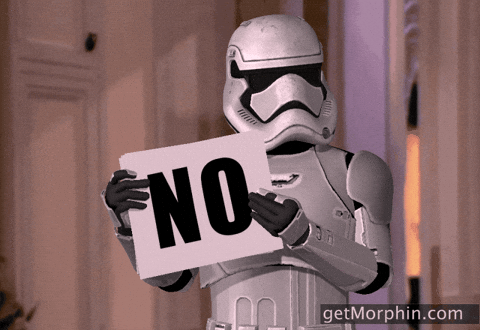 Gif of a storm trooper flipping through sings that say 'no' via
Gif of a storm trooper flipping through sings that say 'no' via 